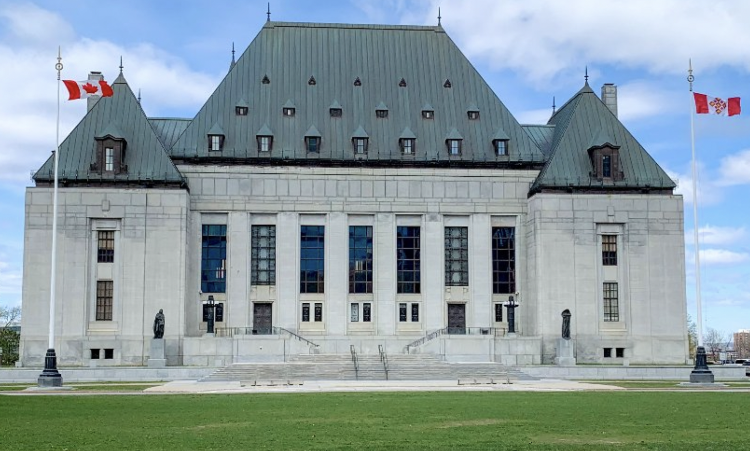Canada Supreme Court Says Mandatory And Lifetime Registration On Sex Offender Registry Unconstitutional
LIVELAW NEWS NETWORK
28 Oct 2022 10:26 PM IST

Next Story
28 Oct 2022 10:26 PM IST
The Supreme Court of Canada has held the country's mandatory and lifetime registration on the sex offender registry unconstitutional.The national sex offender registry was created in the country in 2004 under Sex Offender Information Registration Act (SOIRA). While the prosecution had to earlier apply to a judge for including a name in the registry, the law was changed in 2011.Since...
